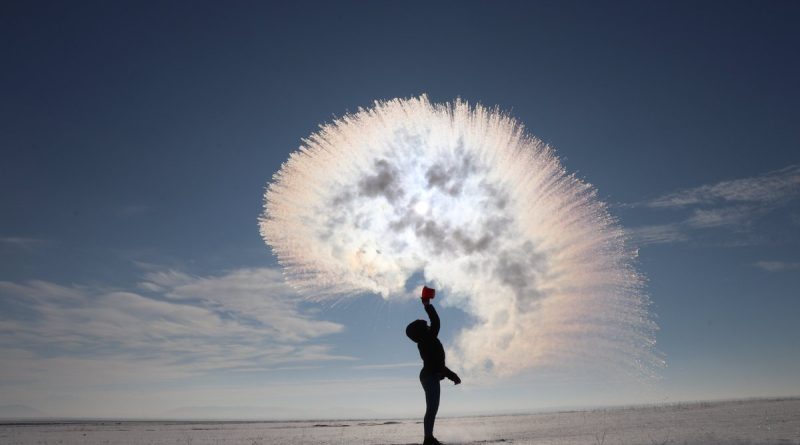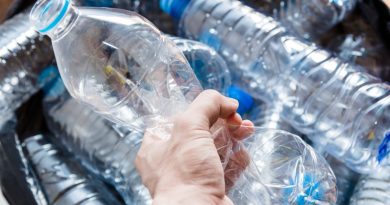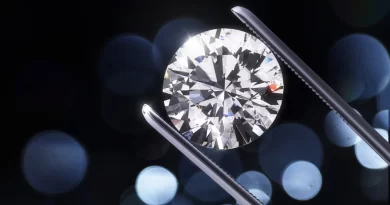Does it really happen that hot water freezes quicker than cold water?
Does cold water freeze more quickly than warm water? It seems obvious that the answer should be no, since hot water takes longer to cool down than cold water, so it couldn’t possibly freeze faster.
But observations made over thousands of years and countless modern experiments have shown that the opposite is true: under carefully controlled conditions, hot water sometimes seems to freeze faster than cold water.
How could this be? Scientists are still confused about this, and the first episode of Derek Muller’s new science channel, Sciencium, explains that they are still trying to prove that the effect even exists.
It turns out that freezing water is a lot harder than you might think.
The fact that hot water freezes faster than cold water is called the “Mpemba effect.” It was named after Erasto Mpemba, a Tanzanian student who made ice cream for a school project in 1963.
Students were supposed to bring cream and sugar to a boil, let it cool, and then put it in the freezer.
Mpemba didn’t want to miss out on a spot in the freezer, so he put his mixture in while it was still very hot. But after 1.5 hours, his mixture had frozen but not those of his classmates.
He went on to work with physics professor Denis Osborne, and the two of them were able to repeat the results and publish a paper in 1969 showing that warm water freezes faster than cold water.
It was the first peer-reviewed study on the effect, but as Derek says in the video above, observations about the effect go back to Aristotle, who did experiments in the 4th century BCE and noticed that hot water cooled faster than cold water.
In their studies, Sir Frances Bacon and Descartes also talked about the event.
But what does this strange thing have to do with physics?
As the video above shows, there are five possible ways to explain what is going on:
- Frost melting: Frost is an insulator, so frosty cold water might keep its heat longer than water in a warm beaker that melts the frost off its sides.
- Dissolved gases: There are more dissolved gases in cold water than in warm water. Scientists think this could affect how fast water cools, but they don’t know how.
- Supercooling: Everyone knows that water freezes at 0°C, but sometimes it gets a lot colder before it freezes. This is called “supercooling.” This happens because ice needs a place to start to form, like an air bubble or a bit of dirt in the water. So maybe there is less supercooling in warm water than in cold water.
- Evaporation: More water molecules evaporate from the hot water beaker, so there is less water to freeze.
- Convection: Finally, there’s the idea that more convection currents could cause warm water to cool more quickly. These currents happen because water cools mostly on its surface and along the sides of the beaker. This makes cold water sink and warm water rise to take its place. Currents are stronger in warm beakers, which could change how fast they cool.
All of those ideas have some truth to them, but the problem is that over the years, experiments have tried to control for all of these effects, and the results have been frustratingly different.
Some labs haven’t been able to show that the Mpemba effect works at all, while others have shown that it does work, even in different situations.
So what should we do? Well, a new study that came out this year suggests that the Mpemba effect might be caused by something else entirely, and it has nothing to do with how quickly hot water cools.
We’ll let Derek explain that one in the video above, and don’t forget to subscribe to his new channel.
It’s crazy to think that we still have so much to learn about something as simple as how water freezes after all these years of studying it. The best thing is science.



